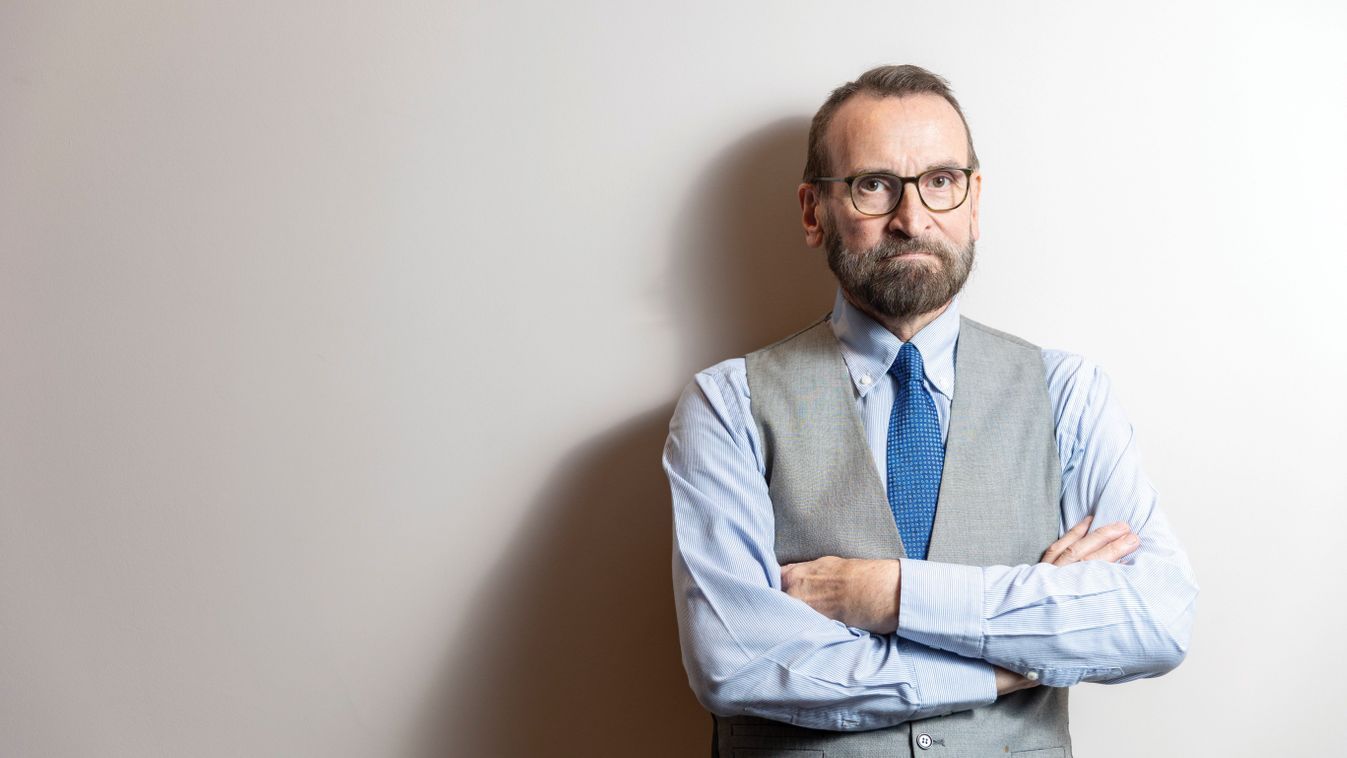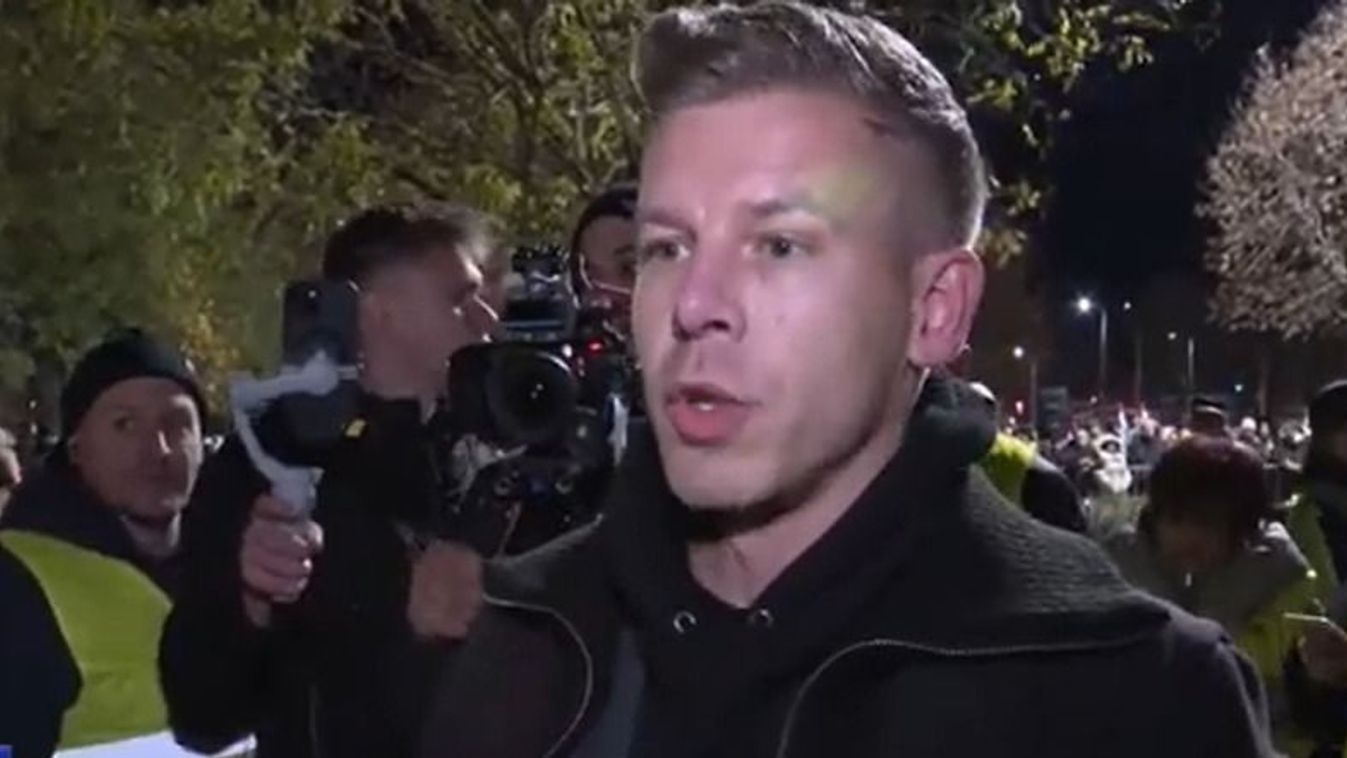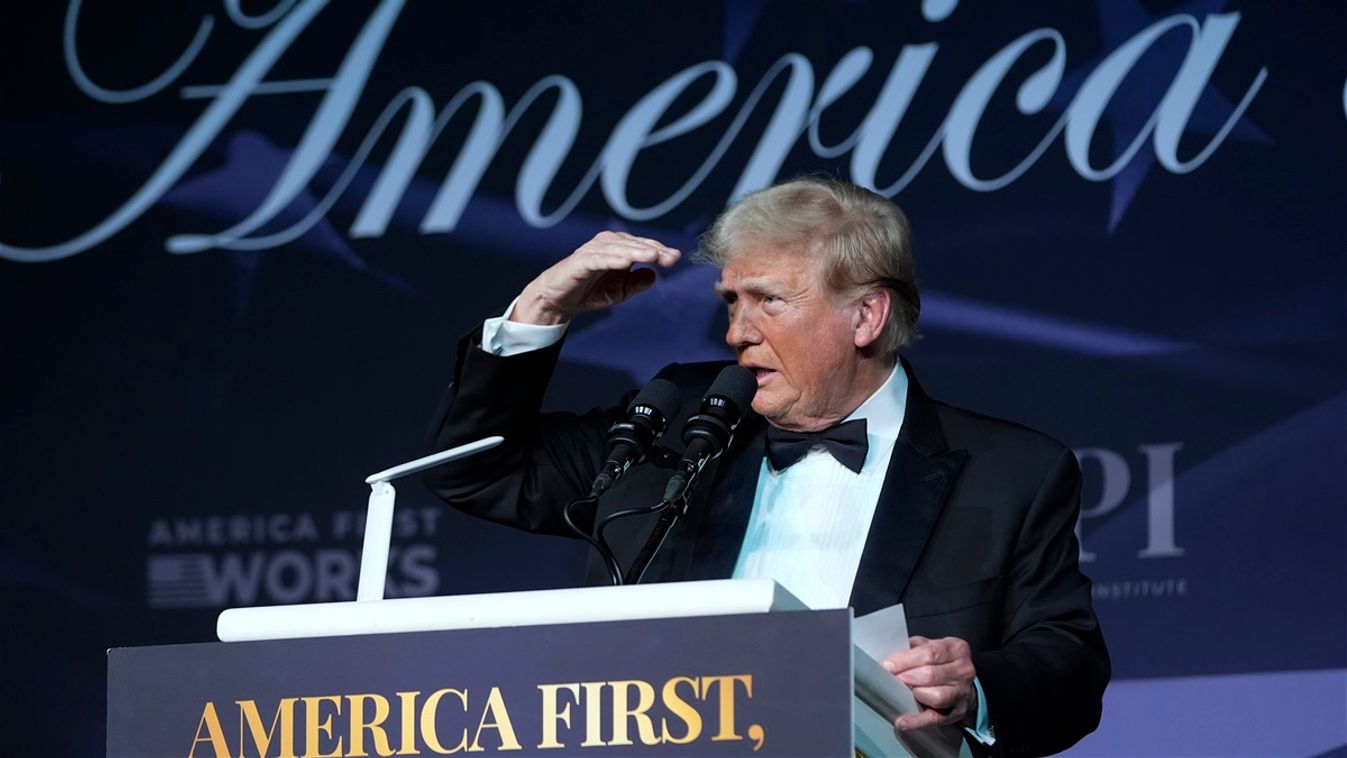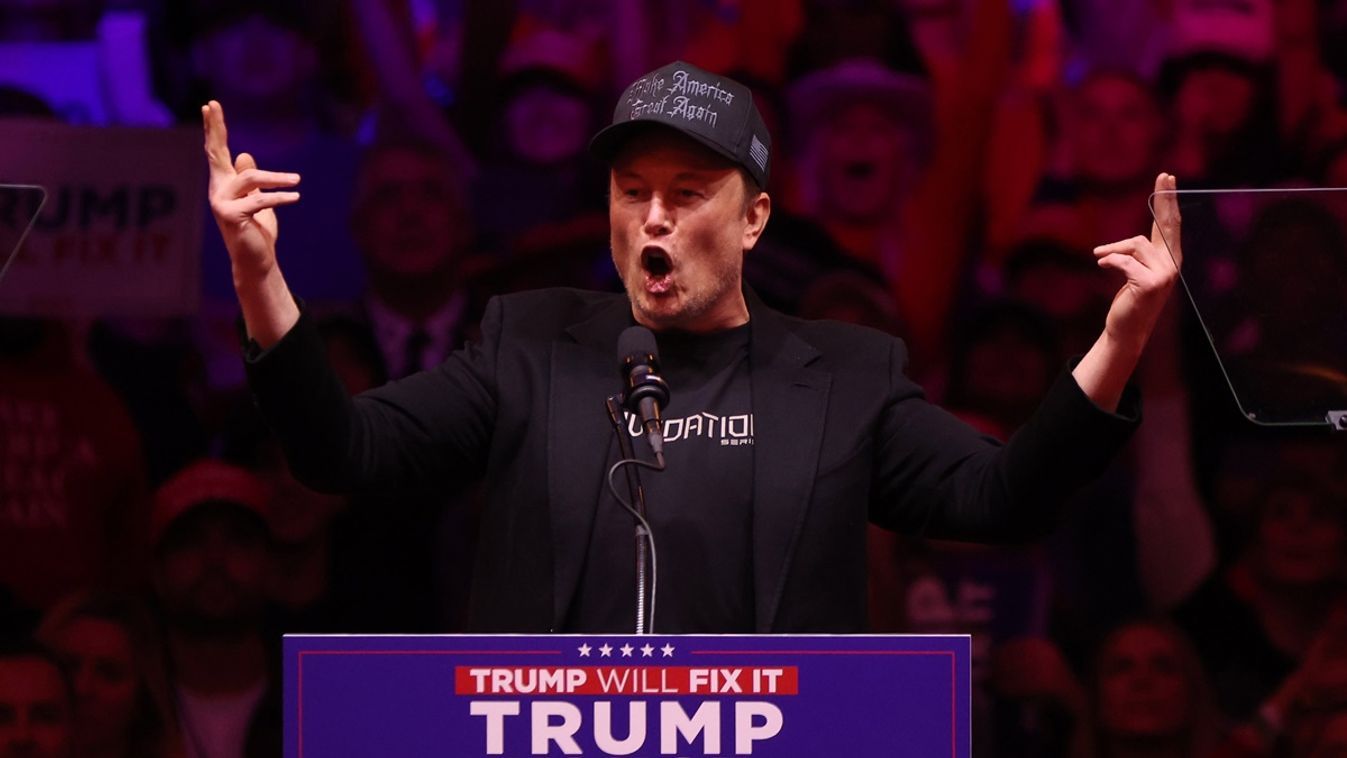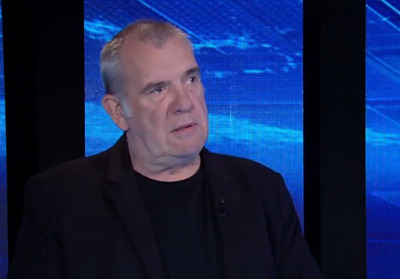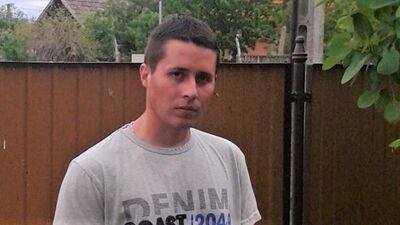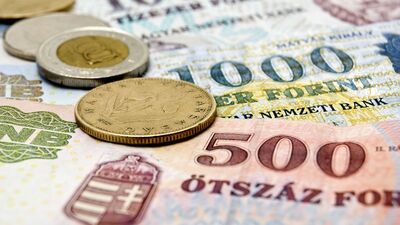„Upon Julius Caesar's murder, a struggle erupted over who would control his legacy. Octavius, Caesar's great-nephew, manipulated his position as Caesar's heir to wrest power from his rivals. He made Caesar a god and raised a temple, using Caesar's remains to underscore their connection. Symbolism was crucial, and to dispel any doubts about his legitimacy, Octavius added Julius Caesar to his name. Shortly after midnight on July 16, Venezuelan President Hugo Chávez reached back in time. He presided at the exhumation of the remains of Simón Bolívar - Latin America's greatest independence hero, who helped liberate the region from Spain in the 19th century, and the object of Chávez's personal and political obsession.
The skeleton was pulled apart. Pieces were removed, such as teeth and bone fragments, for testing. The rest was put in a new coffin with the Chávez government's seal. Chávez, who also tweeted the proceedings, gave a rambling speech in which he asked Christ to repeat his Lazarus miracle and raise the dead once more. He also apparently conversed with Bolívar's bones. I had some doubts, Chávez told his nation, paraphrasing the poet Pablo Neruda, "but after seeing his remains, my heart said, 'Yes, it is me.' Father, is that you, or who are you? The answer: 'It is me, but I awaken every hundred years when the people awaken.'"
By presidential decree, every television station in Venezuela showed images of Bolívar in historic paintings, then images of the skeleton, and then images of Chávez, with the national anthem blaring. The message of this macabre parody was unmistakable: Chávez is not a follower of Bolívar - Chávez is Bolívar, reincarnated. And anyone who opposes or criticizes him is a traitor not just to Chávez but to history.”
